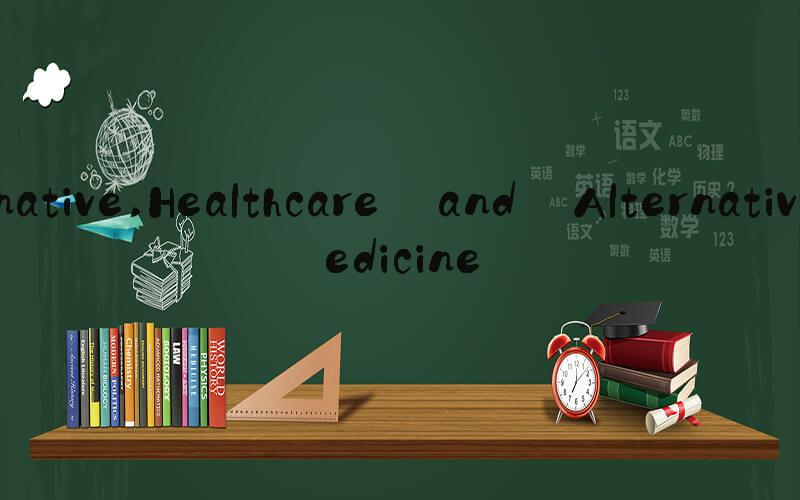
Alternative: An Introduction to the World of Non-Mainstream Approaches
Alternative refers to anything that is not mainstream or conventional. It is a term that encompasses a wide range of non-mainstream approaches, beliefs, and practices. From alternative medicine and alternative lifestyles to alternative education and alternative energy sources, the alternatives available to us are many and varied. In this article, we explore the world of alternative and what it means.
Healthcare and Alternative Medicine
Alternative medicine is a broad term that encompasses a range of therapeutic practices that are not part of mainstream medicine. These practices seek to treat the whole person, rather than just the symptoms of an illness. Some of the most popular alternative medicines include acupuncture, chiropractic, herbal medicine, homeopathy, and naturopathy.
While alternative medicine is often criticized by mainstream medical practitioners, many people choose alternative medicine because they feel that it provides a more natural and holistic approach to healthcare. Alternative medicine practitioners often work with patients to create individualized treatment plans that take into account a patient's lifestyle, diet, and mental and emotional states.
Lifestyles and Alternative Living
Alternative living refers to the adoption of a lifestyle that is outside of the mainstream. This may include practices such as veganism, living off the grid, or minimalism. These alternative lifestyles often emphasize sustainability, simplicity, and a deep connection with nature.
Alternative living is growing in popularity as people become increasingly concerned about the impact of our current lifestyle choices on the environment. Alternative lifestyles can provide a way for individuals to take control of their own lives and reduce their footprint on the planet.
Education and Alternative Learning
Alternative learning refers to approaches to education that are non-traditional. These may include homeschooling, unschooling, Montessori education, or Waldorf education. Alternative educational approaches seek to provide a more individualized approach to learning that takes into account a student's interests, abilities, and learning style.
Alternative education is growing in popularity as parents become disillusioned with the traditional education system. Alternative education approaches can provide a more flexible and personalized approach to learning, which can help students to thrive academically.
Energy and Alternative Sources
Alternative energy sources refer to energy sources that are not based on finite resources such as fossil fuels. These may include solar power, wind power, hydropower, or geothermal power. Alternative energy sources are becoming increasingly popular as people become more aware of the impact of fossil fuels on the environment and the need to reduce our reliance on these resources.
Alternative energy has the potential to provide a clean, sustainable, and abundant source of power for the future. However, the transition to alternative energy sources will require significant investment and infrastructure changes.
Conclusion
Alternative approaches challenge the status quo and provide a different way of seeing and doing things. Whether you are interested in alternative medicine, alternative living, alternative education, or alternative energy, there are many options available. Exploring the world of alternative can provide new insights and ways of living that can enrich our lives and contribute to a more sustainable and just world.

